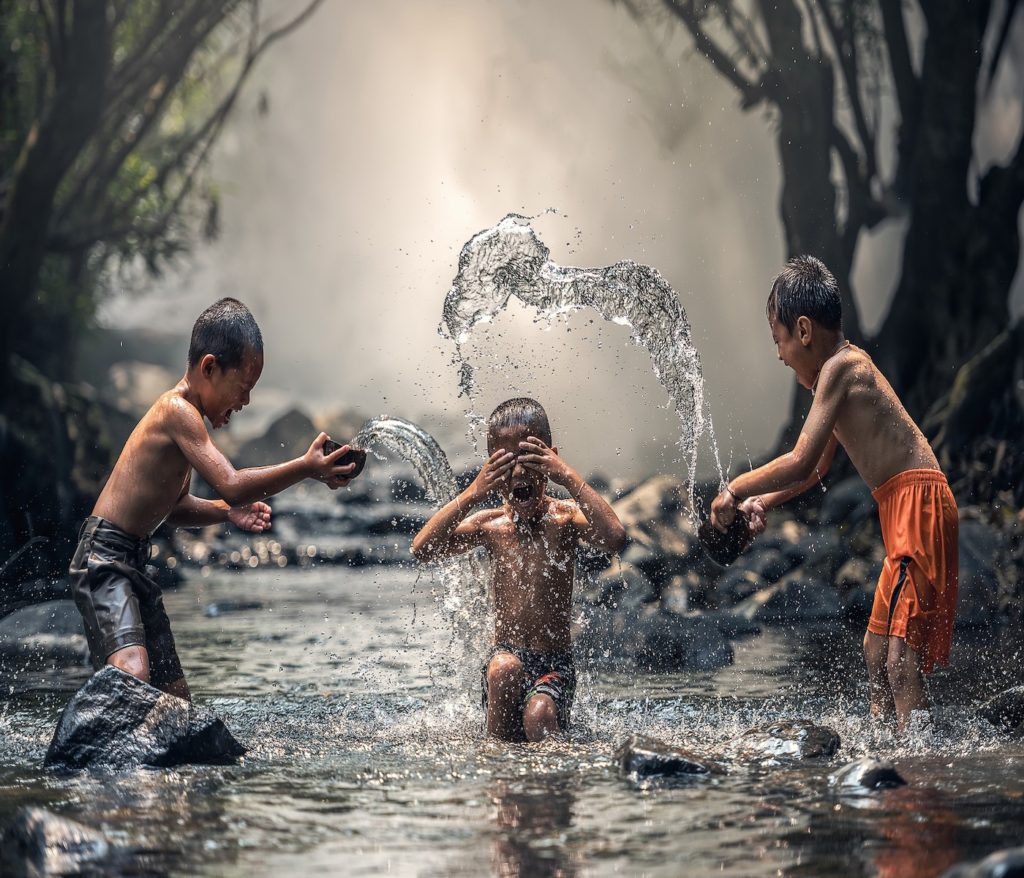
Securing Water in a Warming World
The World Meteorological Organization (WMO) and Global Water Partnership (GWP) have joined hands in a Framework Memorandum for Integrated Water Resources Management. A welcome piece of

The World Meteorological Organization (WMO) and Global Water Partnership (GWP) have joined hands in a Framework Memorandum for Integrated Water Resources Management. A welcome piece of
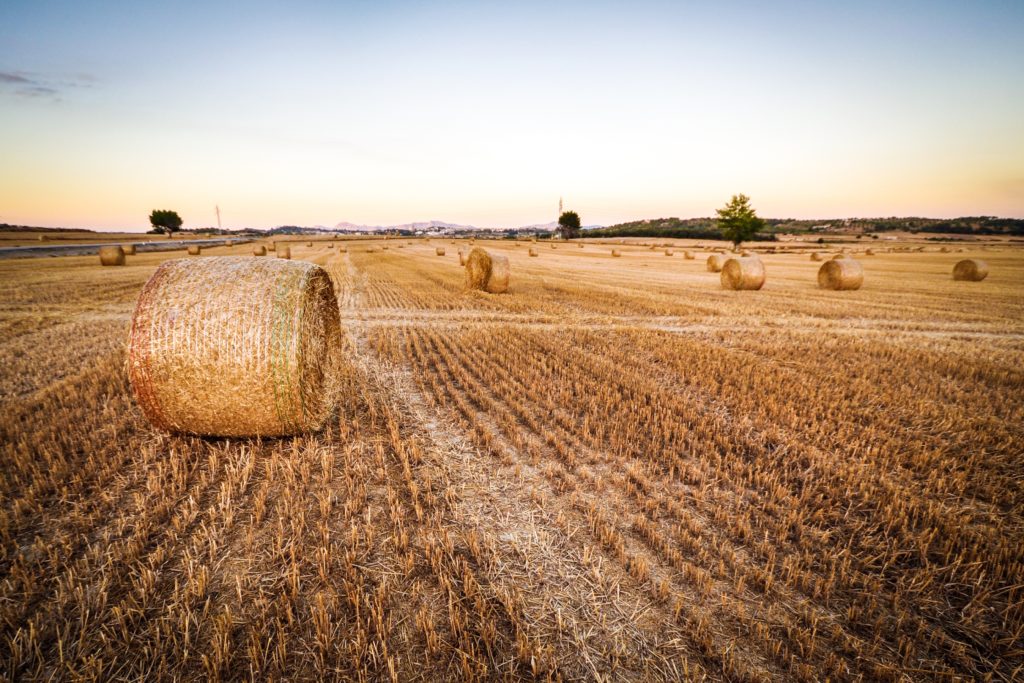
With an estimated 600 million cases of foodborne illnesses annually, unsafe food is a threat to human health and economies, disproportionally affecting vulnerable and marginalized people, especially women and children, populations affected by conflict and migrants. The First International Food Safety Conference will try to identify key actions and strategies to address current and future challenges to food safety globally while strengthening commitment at the highest political level to scale up food safety in the 2030 Agenda for Sustainable Development.
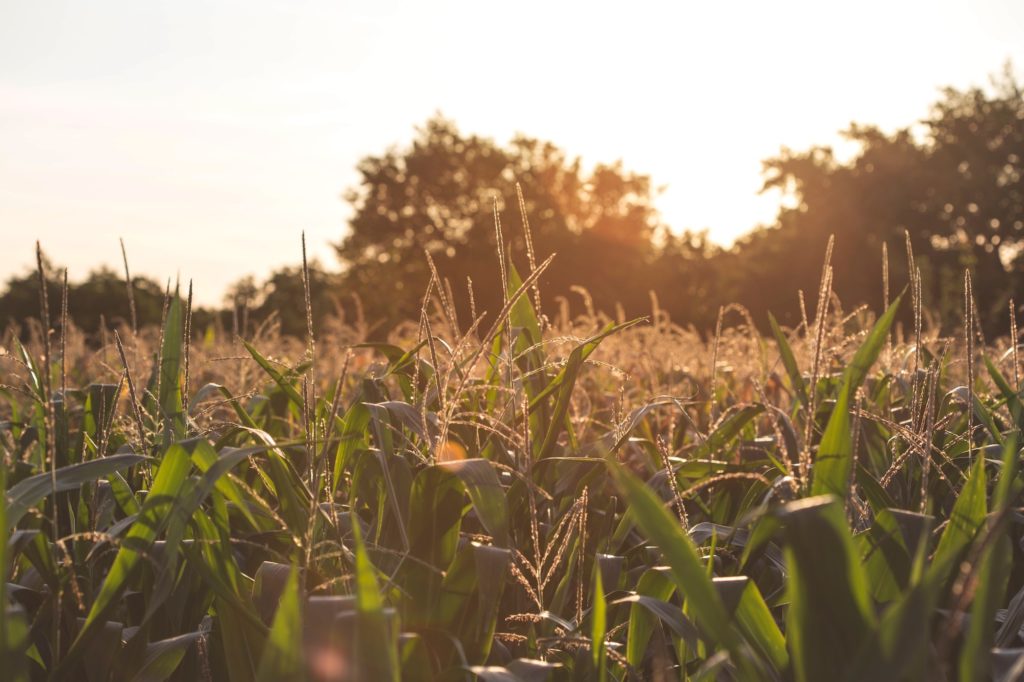
As temperatures increase and threaten the quantity and quality of our food supplies, international trade will be increasingly important to feed the world, in addition to new practices to enhance the resilience of our food systems. Future perspectives and solutions for a cultivated planet.
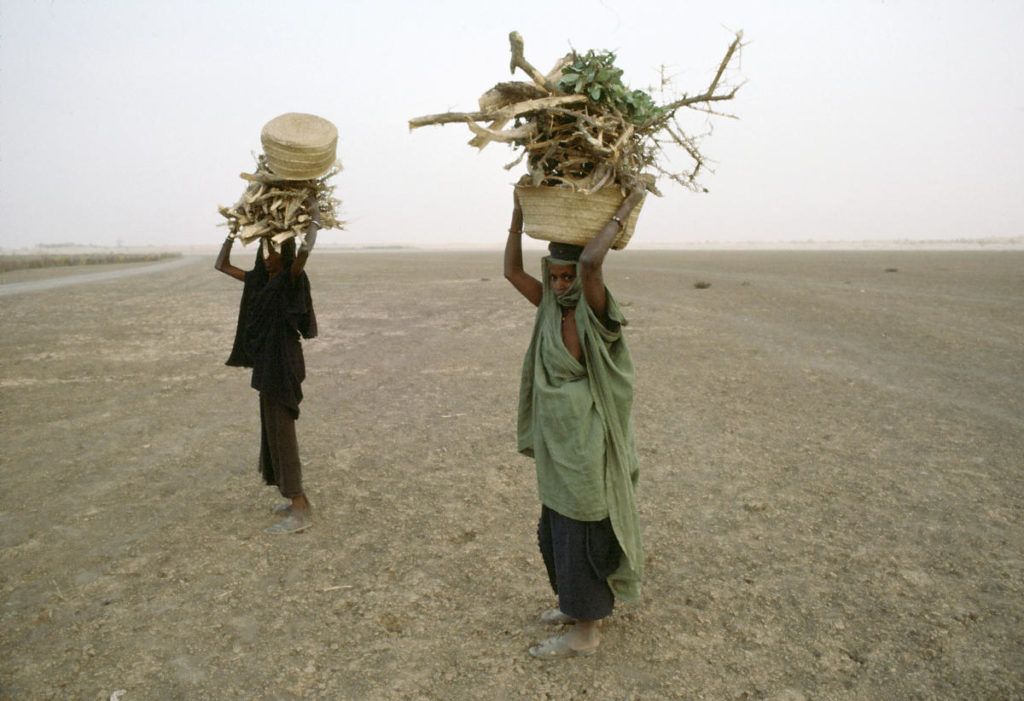
Hunger has been on the rise over the past three years, returning to levels from a decade ago. This reversal in progress sends a clear warning that more must be done and urgently if the Sustainable Development Goal of Zero Hunger is to be achieved by 2030.
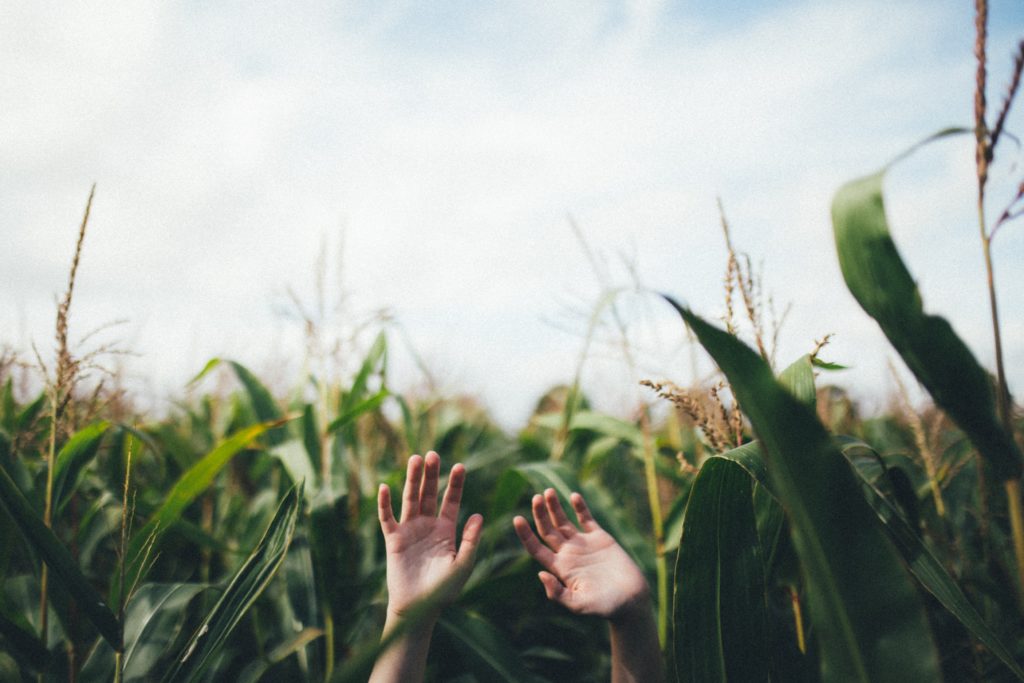
Climate change-related global warming is endangering corn production. A recent study underlines the crucial importance of maize in the food system and in the global market, analyzing the possibility of a simultaneous collapse in maize production in the major exporting countries.

A new study attempts to verify if and in which cases cities can constitute proxies to study the effects of long-term climate impacts on plants and animal species. Some peculiar conditions of urban centres, such as high CO2 concentrations, are hard to replicate experimentally; on the other hand, urban variables and characteristics could be misleading for the ecological research.
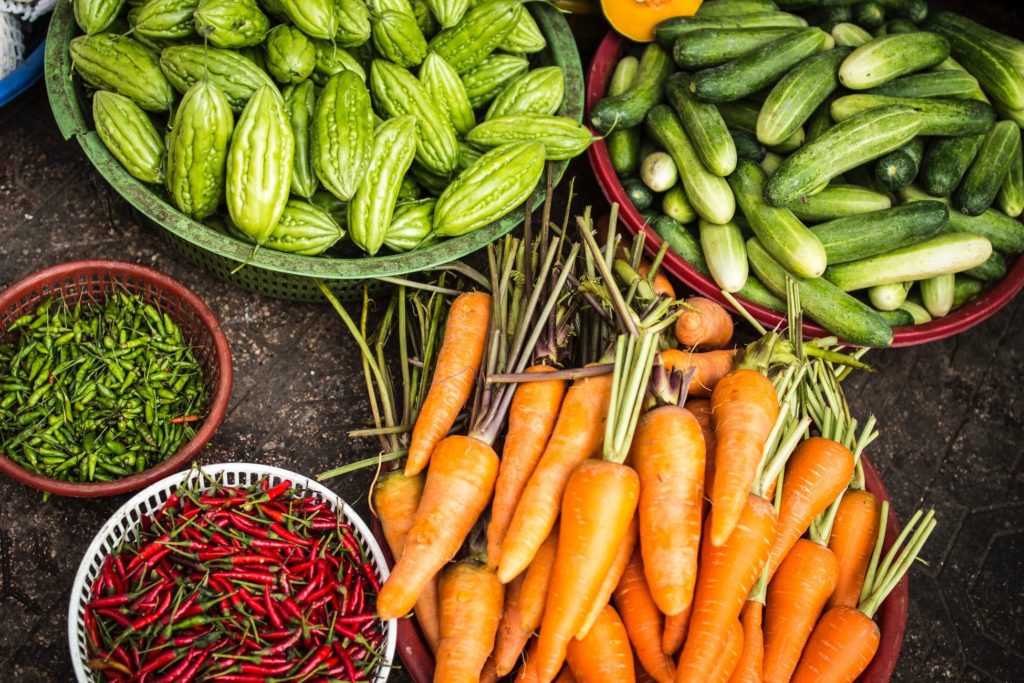
An article by Alexis Bernigaud In 2014, human beings produced 317.85 Million tons of meat, which is twice the amount that was produced in 1985,
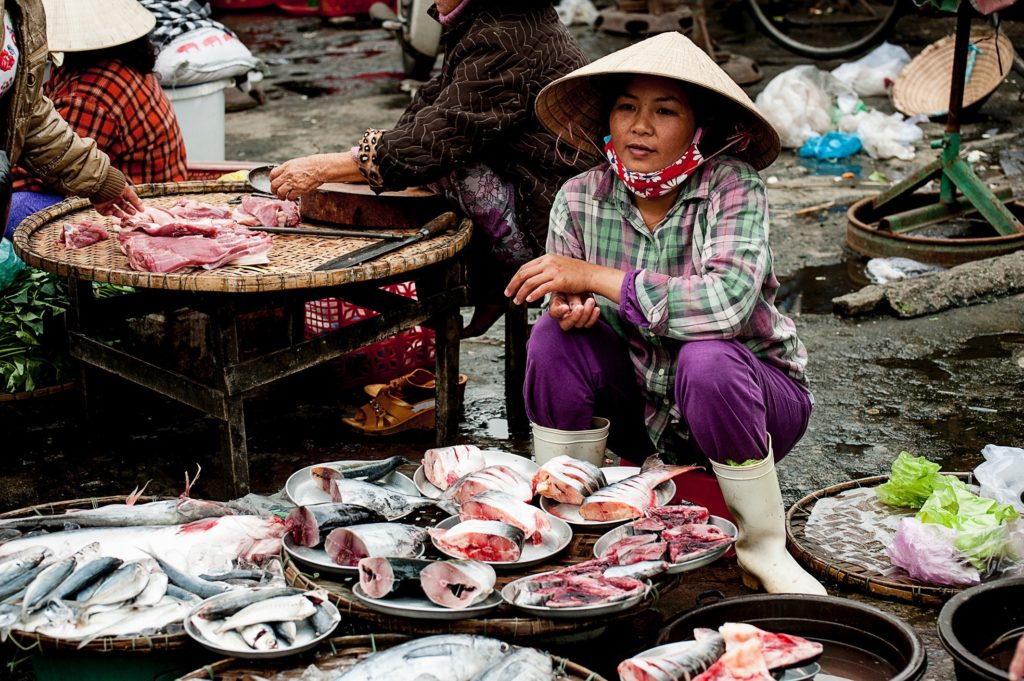
Since 1961 the annual global growth in fish consumption has been twice as high as population growth, demonstrating that the fisheries sector is crucial in meeting the goal of a world without hunger and malnutrition. Data and in-depth analyses on global fish production, consumption and marketing rates, together with some first attempts at quantifying the possible future scenarios regarding the linkages of fisheries and aquaculture both to climate change and to other challenges, such as pollution. The current state of these two key sectors worldwide up to 2018 in the new FAO report.